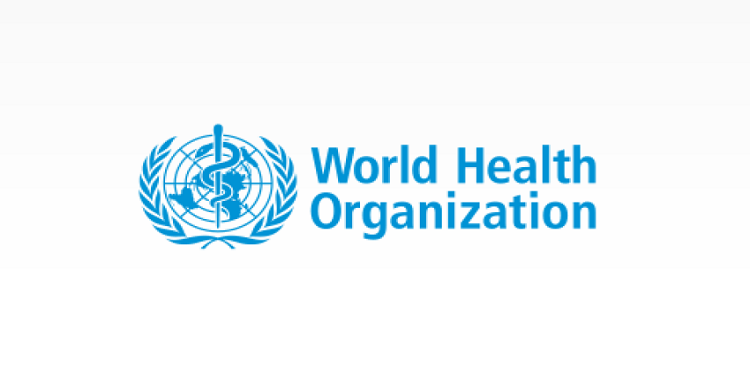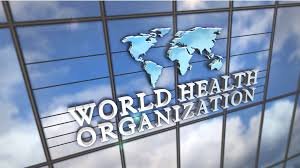The World Health Organization: Promoting Global Health and Safety

The World Health Organization (WHO) is a specialized agency of the United Nations that is dedicated to international public health. Established on April 7, 1948, the WHO has been at the forefront of promoting health and safety worldwide. Headquartered in Geneva, Switzerland, it operates through six regional offices and 150 field offices across the globe.
The WHO was formed by incorporating the assets, personnel, and duties of the League of Nations’ Health Organization and the Paris-based Office International d’Hygiène Publique. This merger brought together valuable resources, including the International Classification of Diseases (ICD), which has been instrumental in tracking and addressing global health issues.
Since its inception, the WHO has been actively working towards its official mandate of promoting health and safety while assisting vulnerable populations. It provides technical assistance to countries, sets international health standards, collects data on global health issues, and serves as a platform for scientific and policy discussions related to health.
One of the key publications by the WHO is the World Health Report, which provides comprehensive assessments of worldwide health topics. This report plays a crucial role in informing policymakers and healthcare professionals about the current state of global health and guiding them in making informed decisions.
The WHO has achieved significant milestones in public health, including the eradication of smallpox, near-eradication of polio, and the development of an Ebola vaccine. These successes highlight the organization’s commitment to tackling communicable diseases and protecting communities from outbreaks.

Currently, the WHO focuses on various priorities such as communicable diseases like HIV/AIDS, Ebola, malaria, and tuberculosis. It also addresses non-communicable diseases like heart disease and cancer, emphasizing the importance of a healthy diet, nutrition, and food security. Occupational health and substance abuse are also areas of concern for the WHO.
The agency advocates for universal health care coverage, recognizing the importance of ensuring that everyone has access to essential healthcare services. It also actively engages in monitoring public health risks and coordinating responses to health emergencies, working towards a safer and healthier world.
Through its initiatives and programs, the WHO plays a vital role in promoting health and well-being globally. By collaborating with governments, organizations, and communities, it strives to improve the overall health outcomes and quality of life for people around the world.
In conclusion, the World Health Organization is an essential global entity that works tirelessly to promote health and safety worldwide. With its technical expertise, international collaborations, and commitment to public health, the WHO continues to make significant contributions towards creating a healthier and safer world for all.
![]()